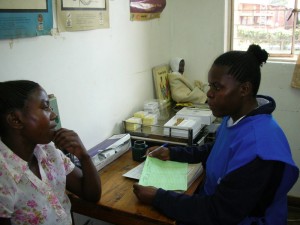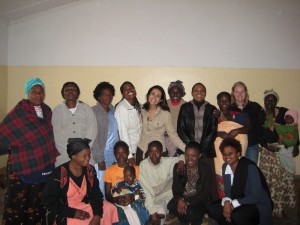 Influences on Household Demand for Family Planning
Influences on Household Demand for Family Planning
Several factors influence fertility, including contraceptive access and parental demand for children. This project focuses on the attitudes, information and household dynamics that create differences in fertility preferences between women and men.
Household Bargaining and Excess Fertility: An Experimental Study in Zambia
with Nava Ashraf and Jean Lee
Influence of Beliefs about Maternal Health Risk
with Nava Ashraf, Alessandra Voena and Roberta Ziparo
Collaborating Organizations: Chipata Clinic, Population Services International (PSI), Society for Family Health (SFH)
Funding Organizations: The National Science Foundation, the Hewlett Foundation, the Women and Public Policy Program (WAPP) at Harvard University, and the International Initiative for Impact Evaluation (3ie)
Publications: Study Summary
Presentations: Can We Talking Private (about family planning?)
Effects of Improving Access to Family Planning
Studies on sexual and reproductive health often focus on transmission of infectious diseases and excess fertility. This project studies the effects of access to family planning not only on fertility patterns, but also on mental health outcomes on women living in Zambia.
 Contraceptive Access and Fertility: The Impact of Supply-Side Interventions.
Contraceptive Access and Fertility: The Impact of Supply-Side Interventions.
with Nava Ashraf and Jessica Leight
The Psycho-Social Benefits of Access to Contraception: Experimental Evidence from Zambia
with Nava Ashraf, Marric Buessing and Jessica Leight
Collaborating Organizations: Chipata Clinic
Funding Organizations: The National Science Foundation, the Hewlett Foundation, the Women and Public Policy Program (WAPP) at Harvard University
